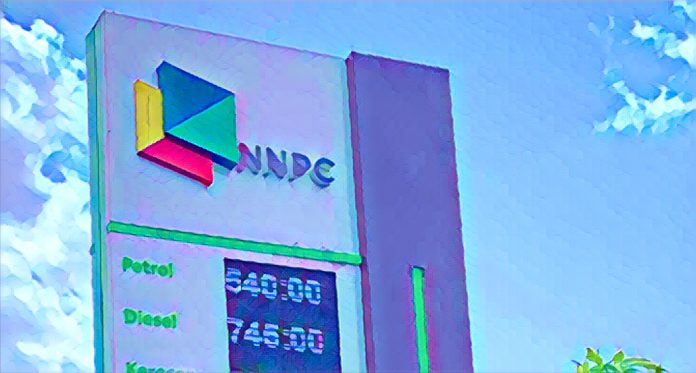According to Reuters, payment delays have become prevalent, with NNPC taking more than 130 days to settle invoices instead of the usual 90 days. This sluggish payment process poses challenges for traders and suppliers, disrupting cash flows and straining business operations.
While NNPC denies knowledge of such extensive debts, acknowledging only that payments are being made albeit slowly, the situation underscores broader economic challenges facing Nigeria. With the return of fuel subsidies, which were scrapped in May 2023, NNPC’s financial resources are further strained, impacting its capacity to import essential petroleum products.
The removal of fuel subsidies by President Bola Tinubu aimed to enact broader economic reforms, but it has presented new hurdles. Although the move initially garnered investor and lender confidence, its repercussions are now felt as NNPC grapples with mounting debts and logistical constraints.
Nigeria’s heavy reliance on fuel imports, exacerbated by years of mismanagement and underinvestment in domestic refineries, leaves the country vulnerable to global market fluctuations. Recent shortages and queues at petrol stations in Lagos highlight the precariousness of the situation, with logistical challenges compounded by rising global oil prices and currency depreciation.
The IMF’s warning about the adverse impact of subsidizing fuel and electricity prices on Nigeria’s GDP underscores the urgency for the government to devise a sustainable solution. As NNPC continues to incur losses on fuel imports due to currency devaluation and escalating global prices, the need for comprehensive reform becomes increasingly evident.
Amidst these challenges, stakeholders emphasize the importance of formulating a viable plan to phase out fuel subsidies responsibly, safeguarding the economy against future shocks. The path forward necessitates strategic decision-making and proactive measures to mitigate risks and ensure stability in Nigeria’s energy sector.



